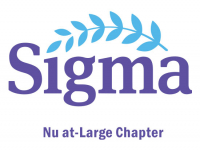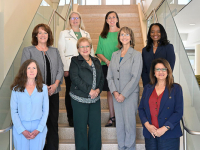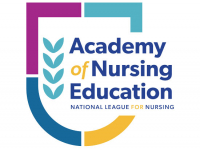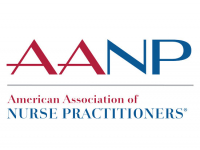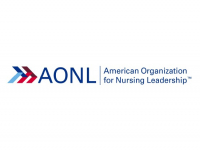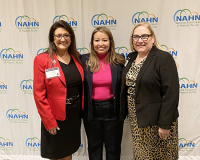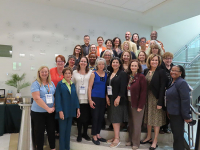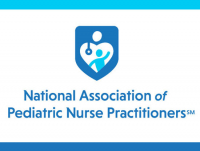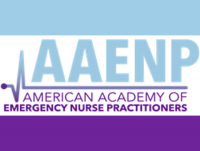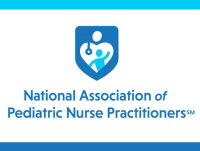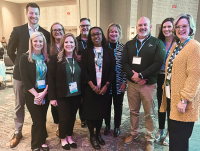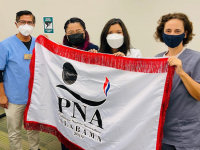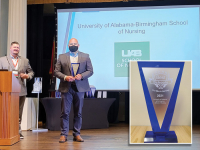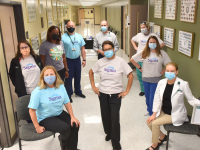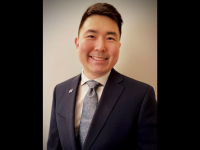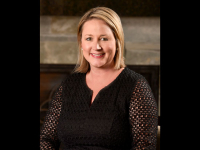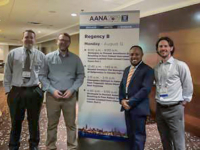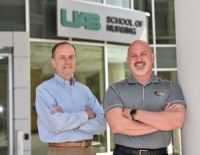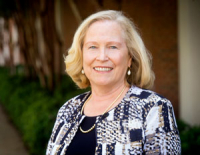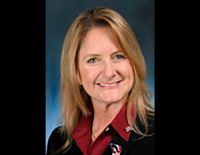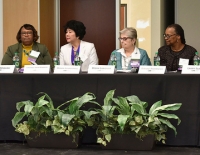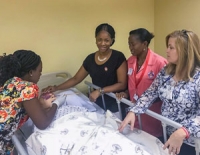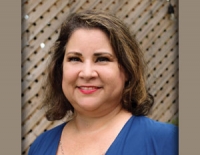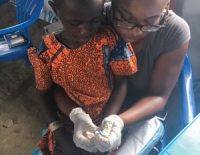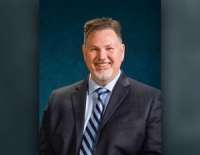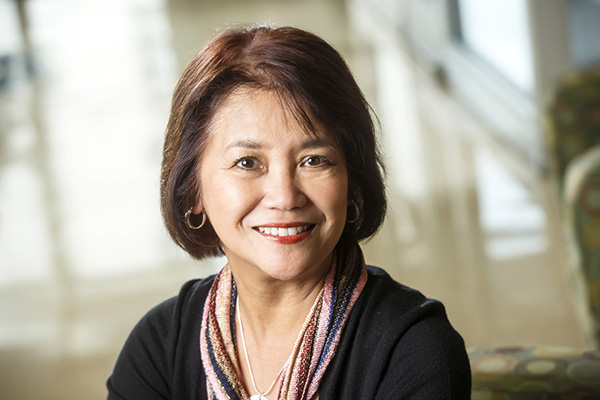
By Staff
University of Alabama at Birmingham School of Nursing Associate Dean for Research and Scholarship and Professor Karen Meneses, PhD, RN, FAAN, has been appointed to the National Institute of Nursing Research’s (NINR) and the National Advisory Council for Nursing Research (NACNR), where she will directly impact the NINR’s continuing mission to promote and improve the health of the nation’s individuals, families and communities.
Meneses, co-director of the School’s Doctor of Philosophy in Nursing (PhD) Program, the only one in the state, will serve on the 15-member NACNR, which meets three times a year to help guide NINR’s direction, through 2021.
“It is truly an honor for me personally to be named to a national advisory board for NINR. This is also recognition of the UAB School of Nursing and its impact as an institution of nursing research,” Meneses said. “It is a tribute to being a nurse and a researcher, and I believe it will bring even more acknowledgement of the work we do here at the UAB School of Nursing and university wide.”
Meneses is one of six new appointees to the NACNR, which draws its members from the scientific and lay communities, including from the fields of nursing, public and health policy, law and economics.
She will provide recommendations to NINR Director Dr. Patricia A. Grady about the direction and support of research that serves as the evidence base for nursing practice.
To achieve its mission, the NINR supports and conducts clinical and basic research and research training on health and illnesses. This research spans and integrates the behavioral and biological sciences and helps develop the scientific basis for clinical practice.
The NACNR provides the second level of review of grant applications that have been reviewed for scientific merit. The NACNR also reviews the Institute’s external programs and makes recommendations about its internal research activities.
“NINR’s strategic plan focuses on determining the areas of science in which the health needs are the greatest and in which NINR-supported research can have the largest impact,” Meneses said. “It is not focused on specific diseases but on the behaviors and the science that can cut across age groups and diagnostic categories and impact health care in general for the greatest good. It is very exciting to be asked to contribute in this fashion at the national level.”
Meneses cited palliative care as an area of scientific focus for NINR.
“It does not matter whether that care is geared towards children, young adults or older adults or whether it takes place in the community or with an individual, NINR’s focus is on improving palliative care and access to it,” Meneses said.
Its other areas of scientific focus include symptom science, wellness, and self-management of chronic diseases. Promoting innovation and developing the nurse scientists of the 21st century are also emphasized in all areas of NINR’s research programs.
Meneses, who also is the co-leader of the Cancer Control and Population Sciences Program at the O’Neal Comprehensive Cancer Center at UAB and leads the Young Breast Cancer Survivors Network Initiative based in the School, welcomes the opportunity to contribute to the NINR in much the same way she has contributed to the work of the National Cancer Institute over the past 20 years.
“It is a distinct honor to be asked by a national nursing organization such as the NINR to share my expertise, and I know the work will be greatly rewarding,” Meneses said. “Nursing has been my lifelong discipline and one that I dearly love. I am always happy to help further the breadth and scope of nursing and nursing research in any way that I can.”














